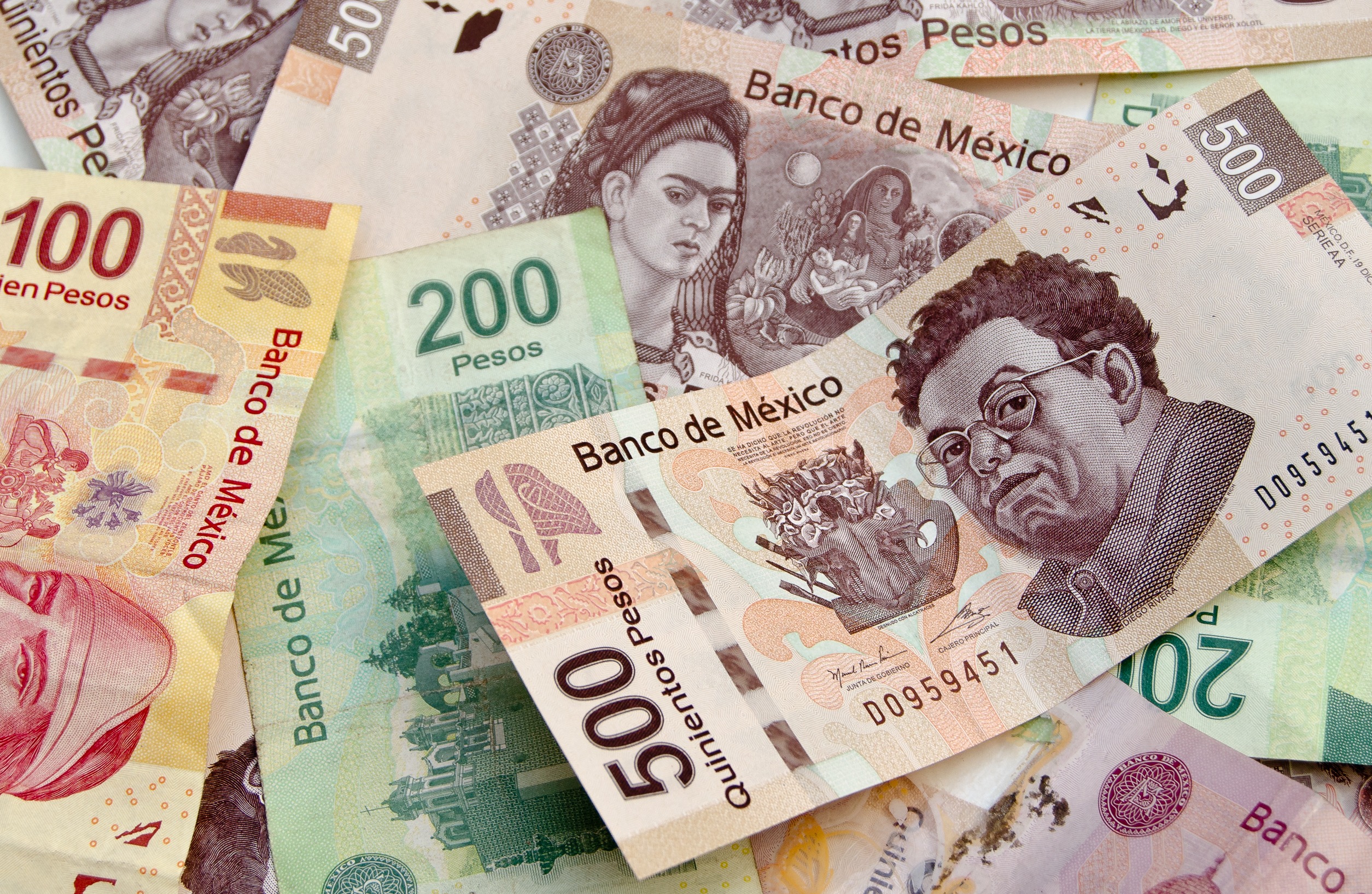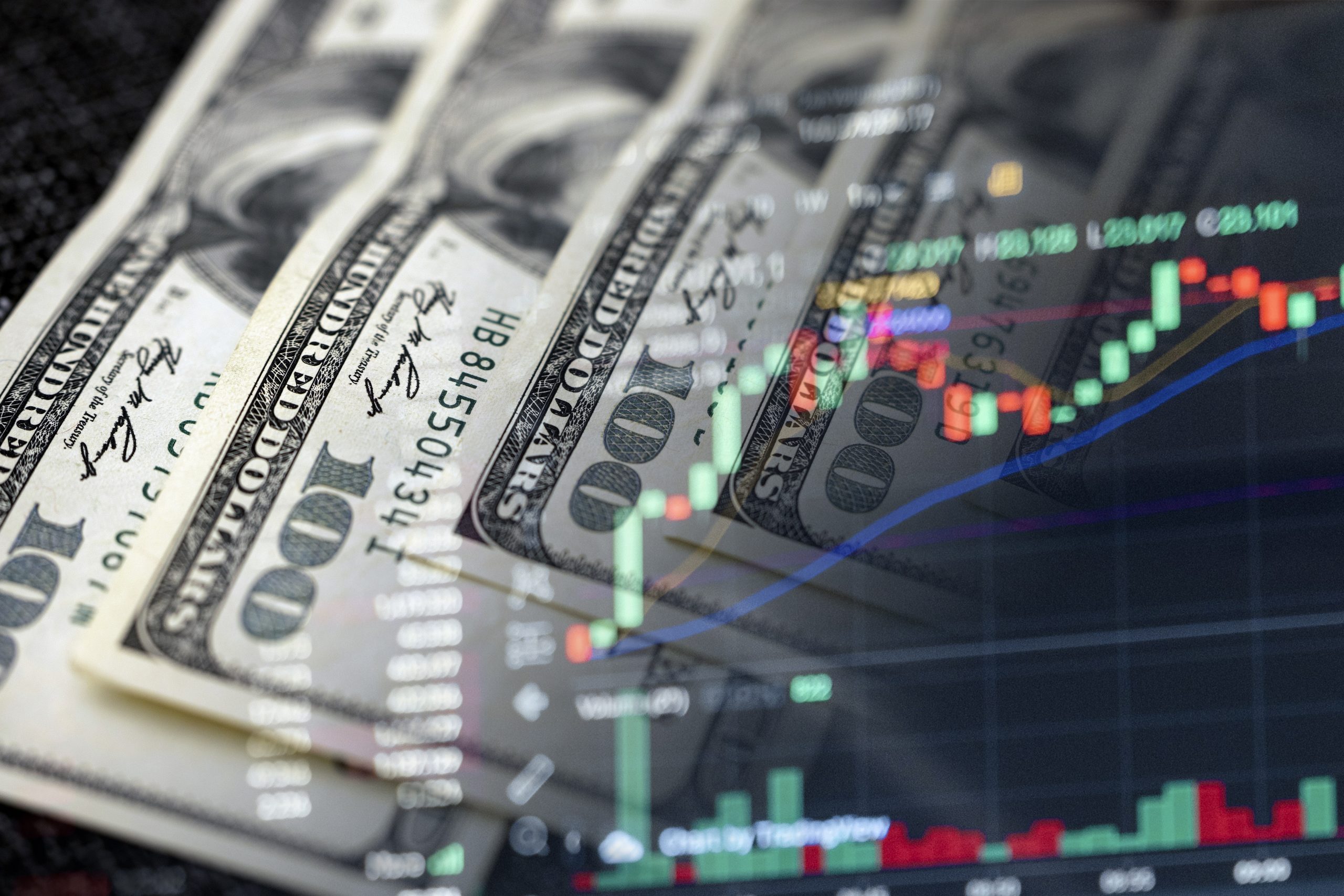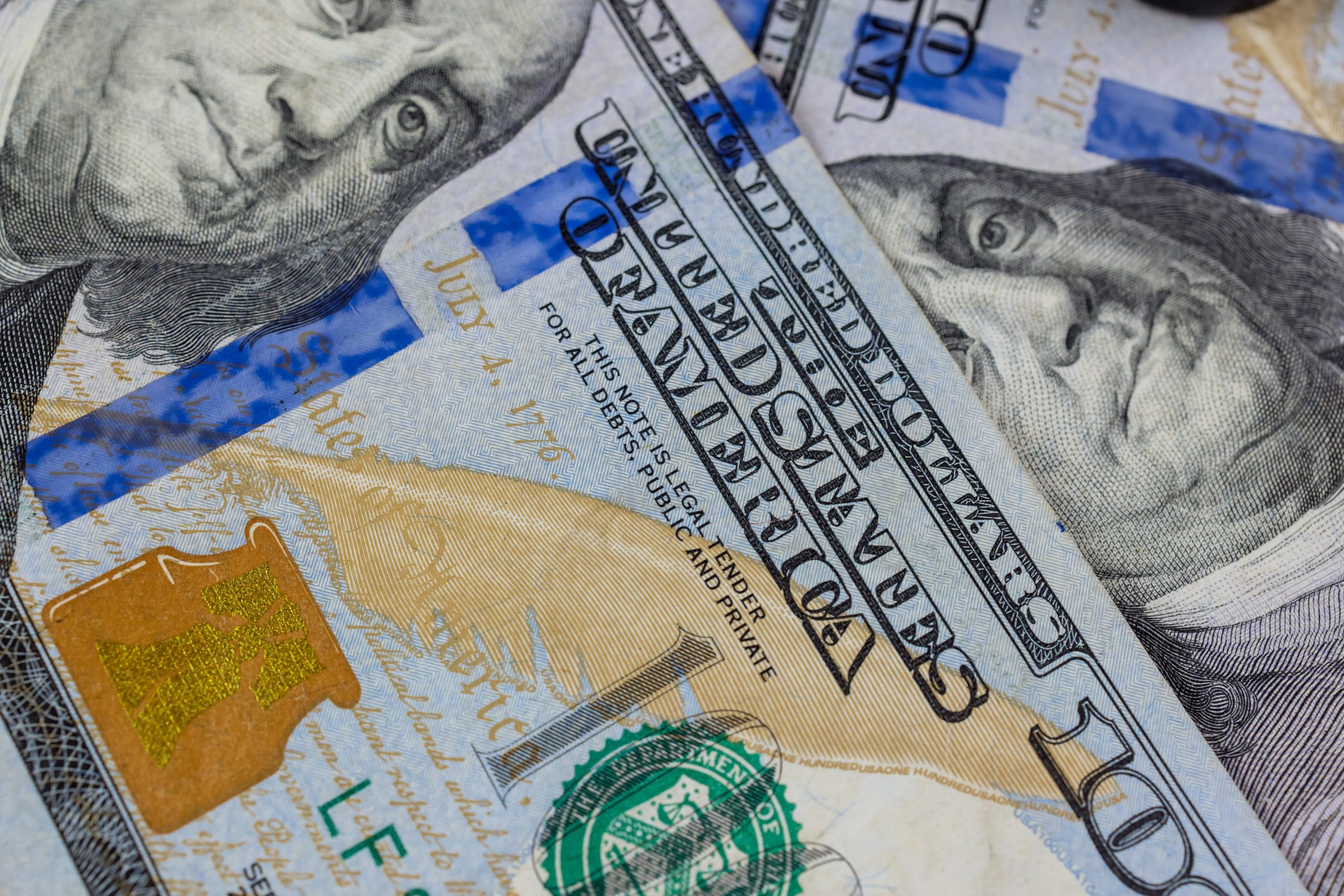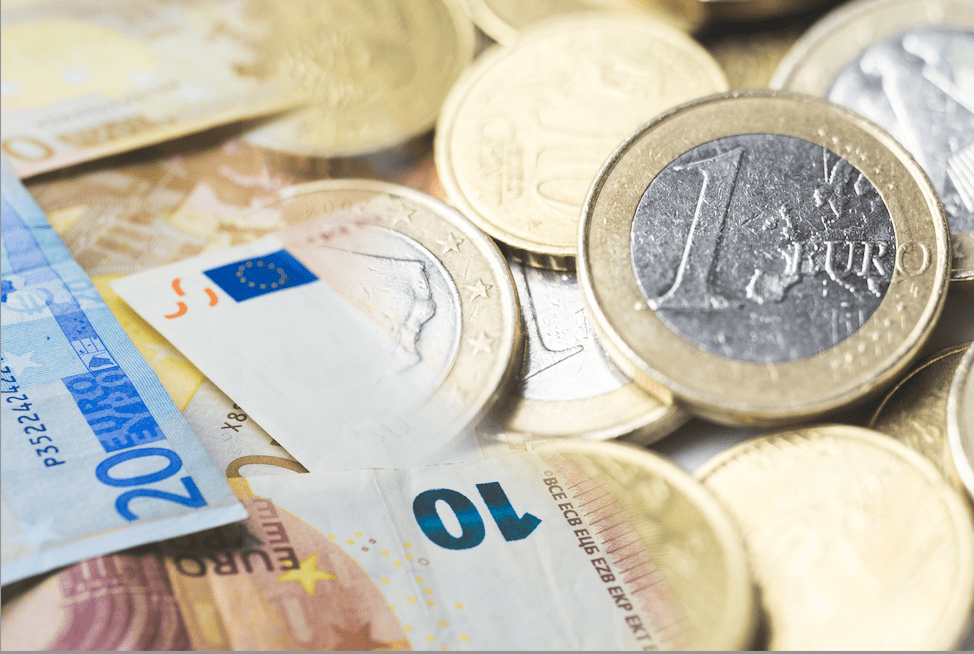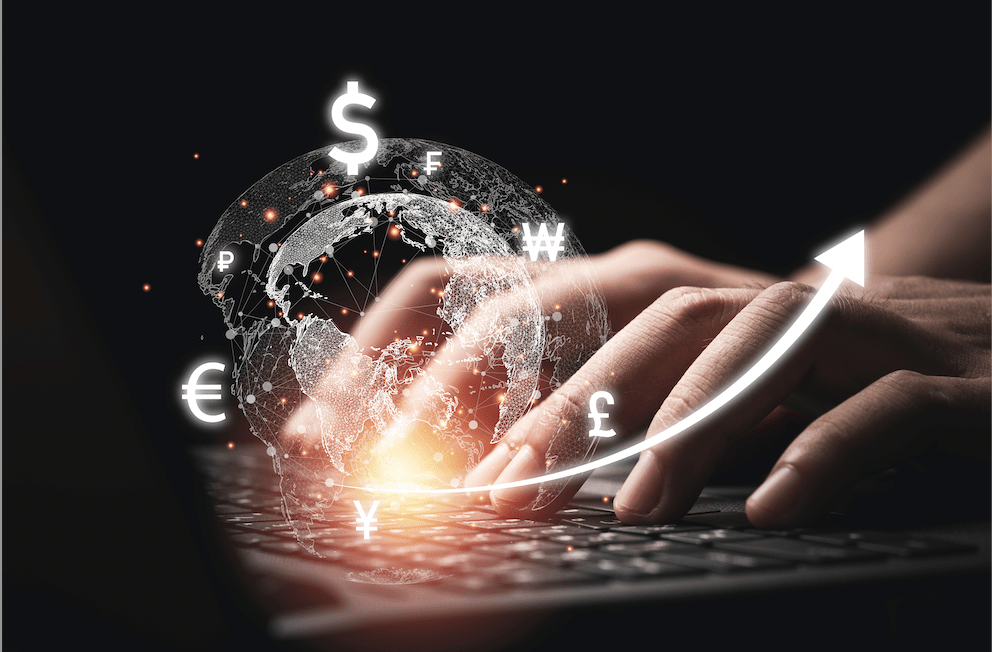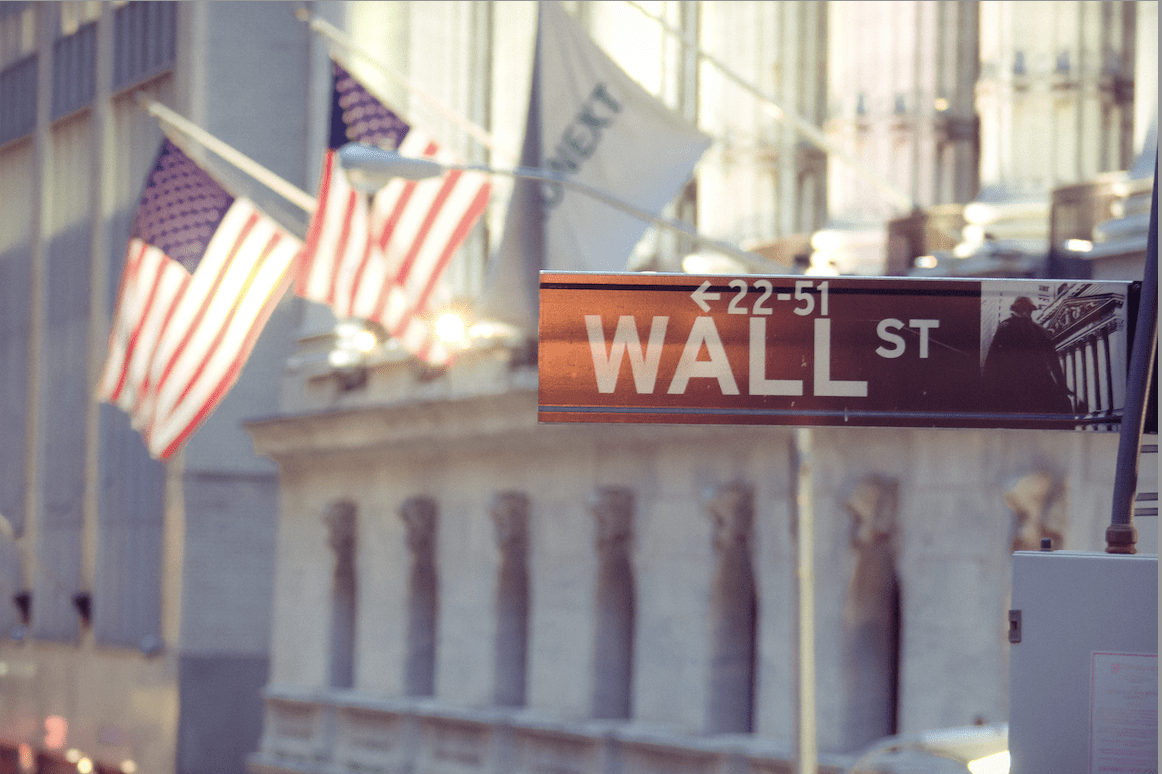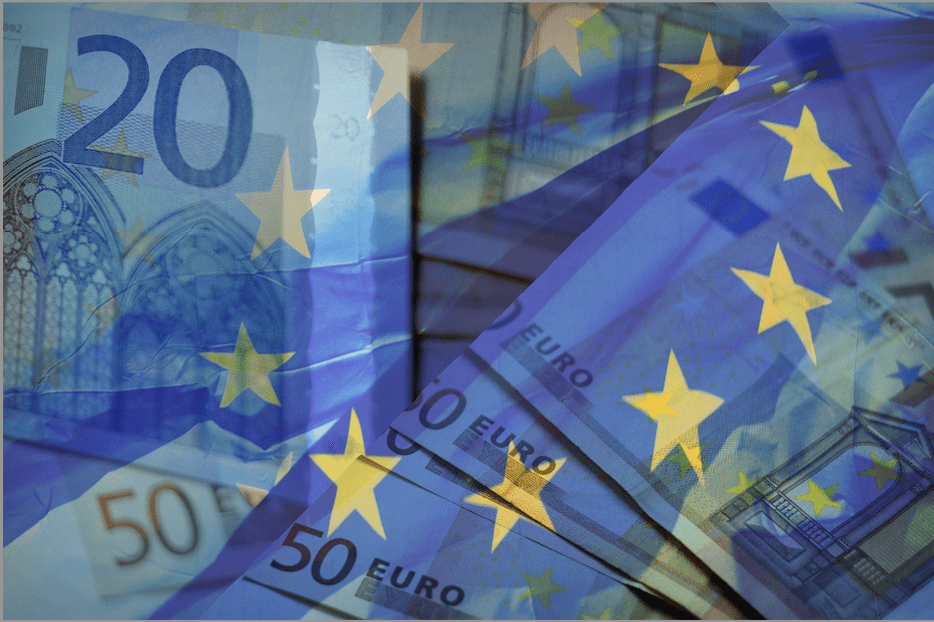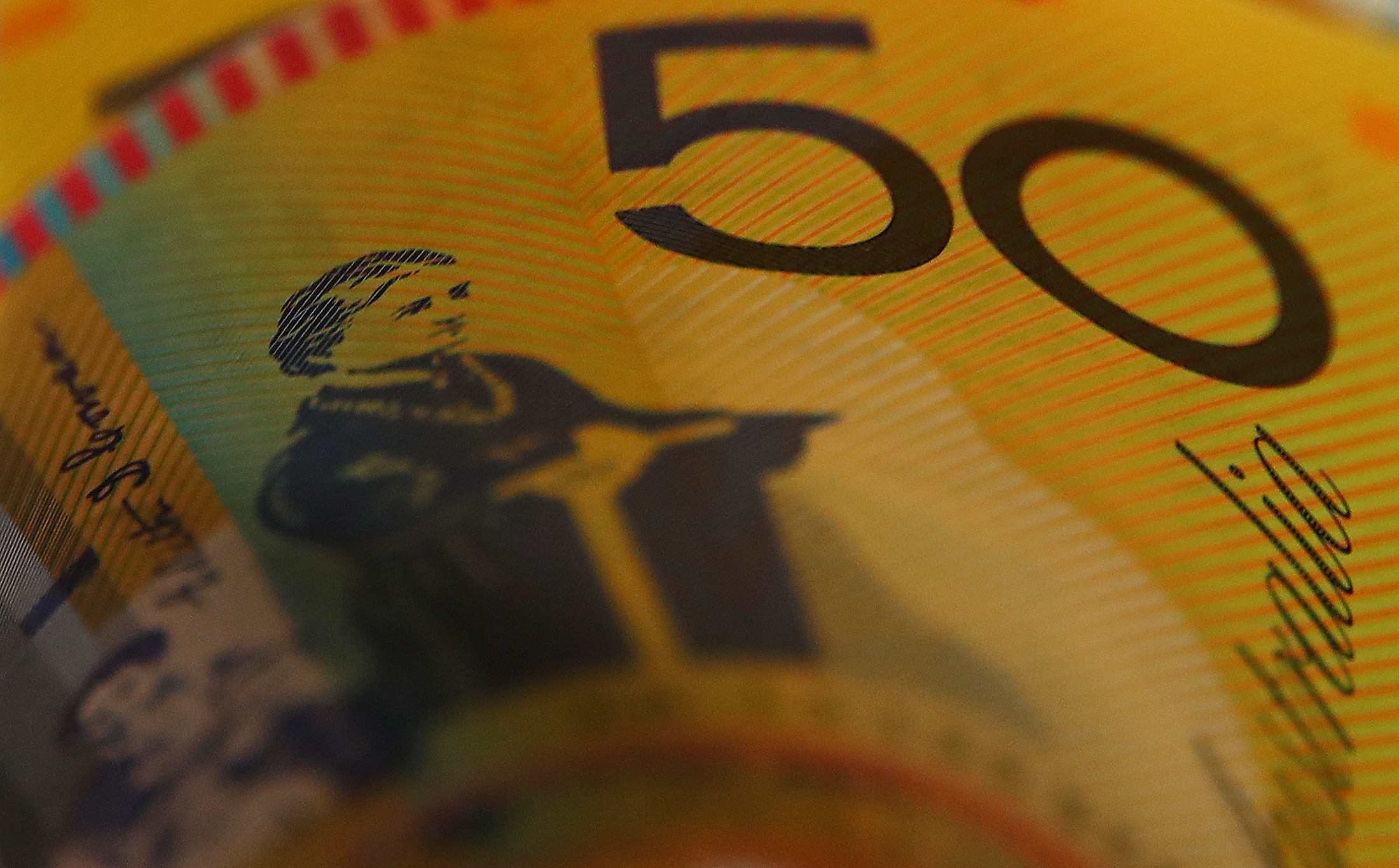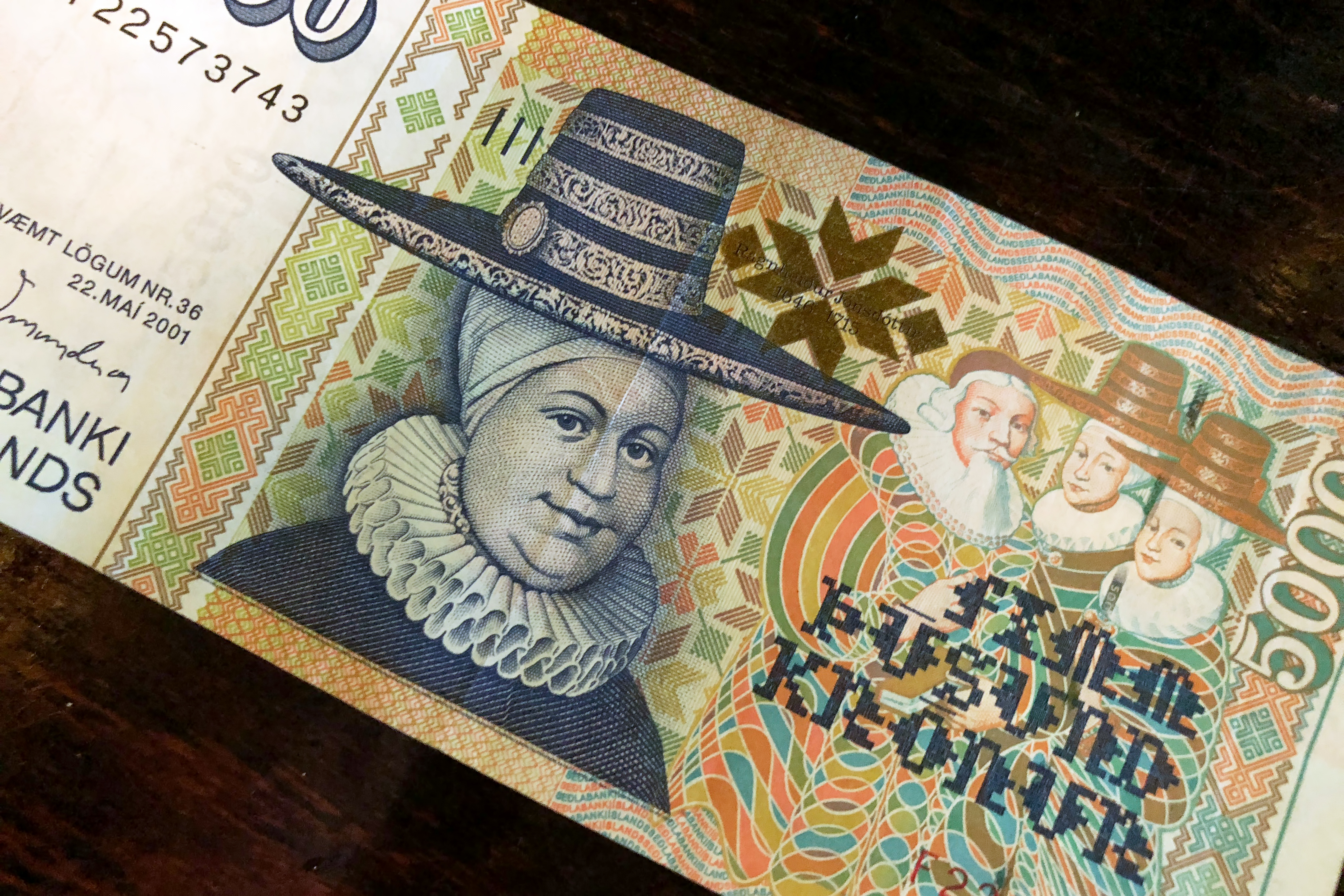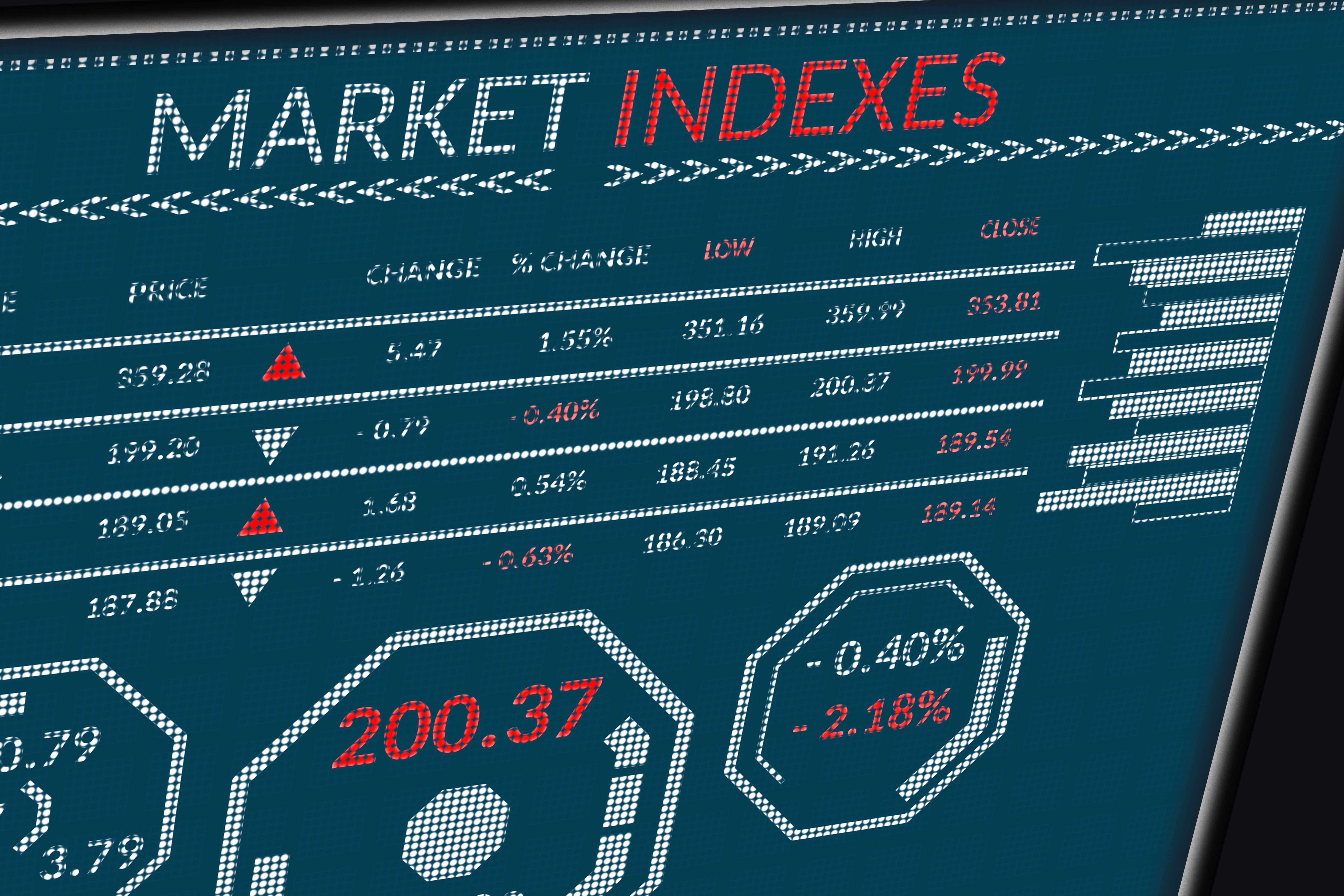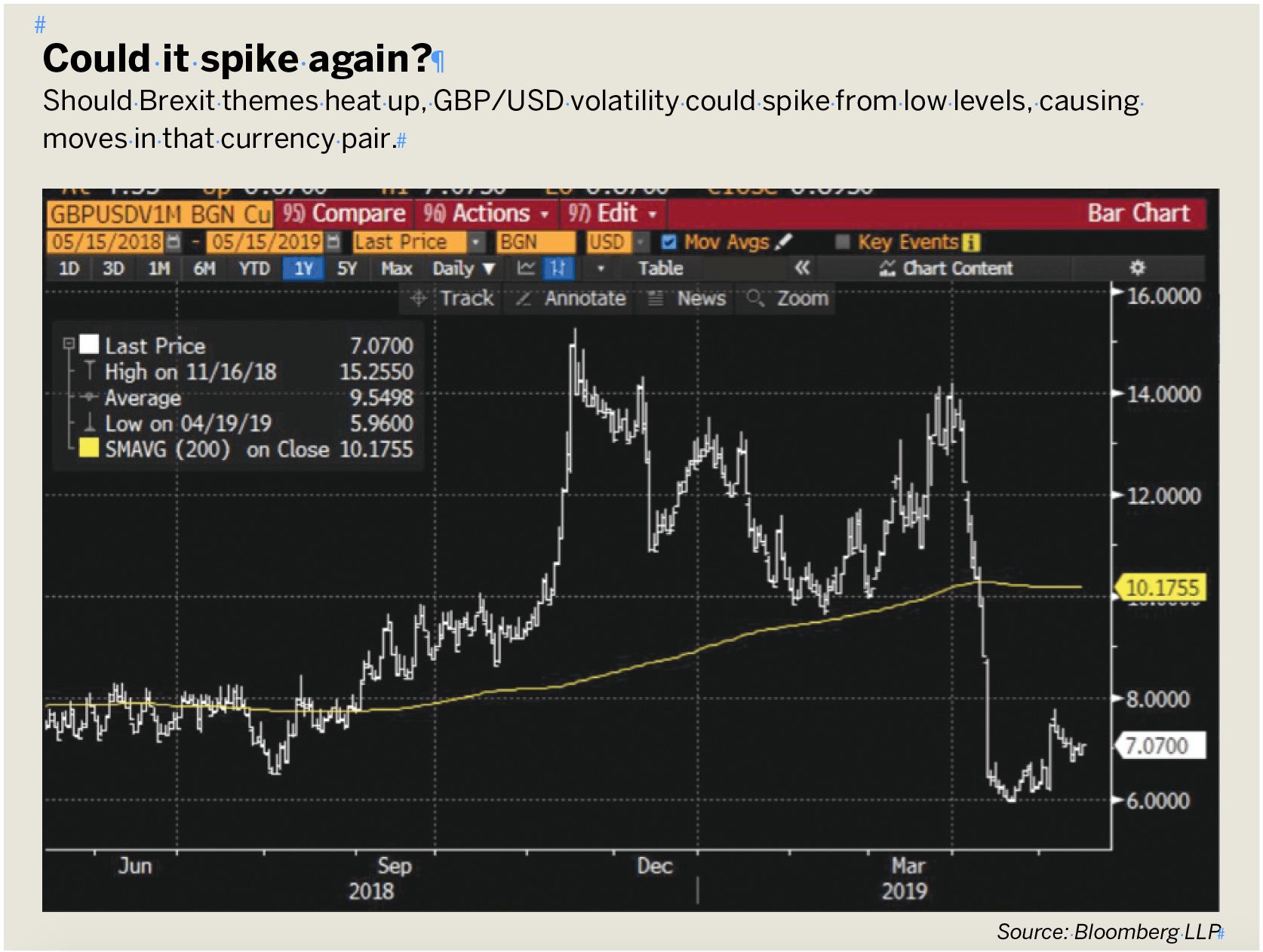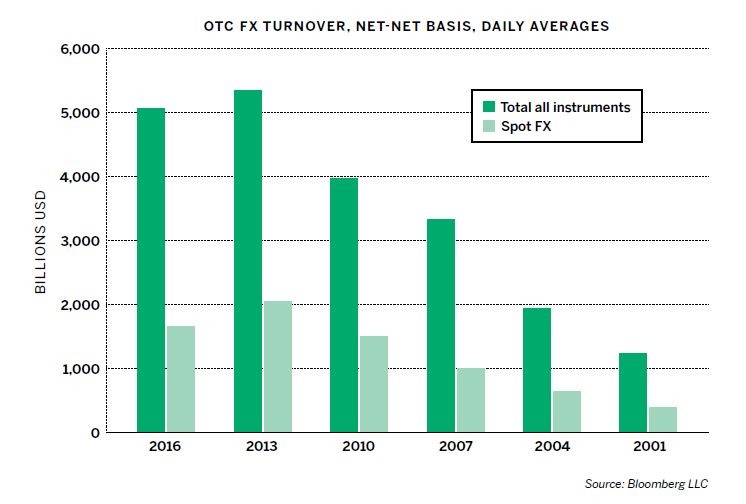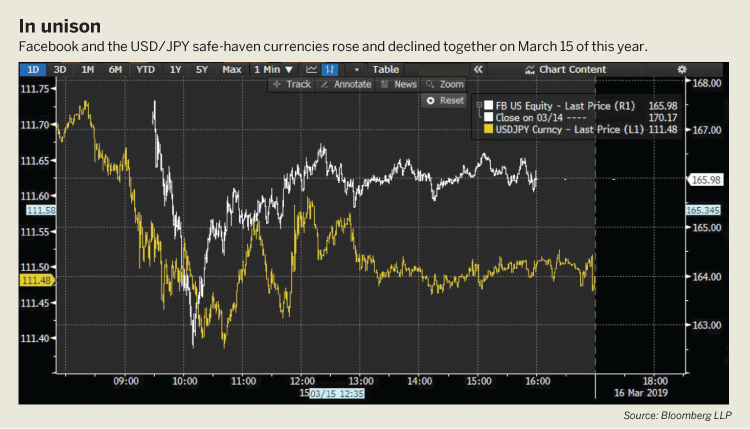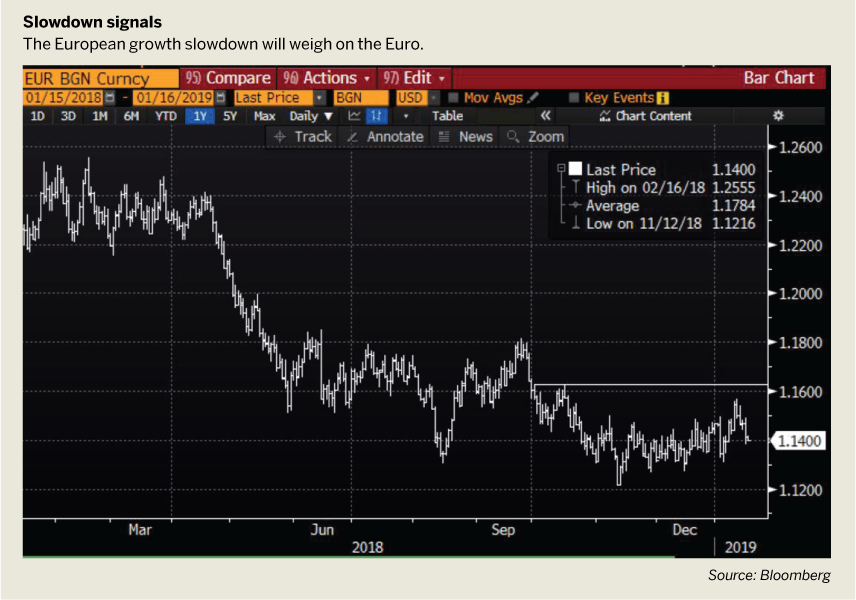Trading Around Uncertainty
Some financial media experts say that all trading and investing is uncertain by nature. Therefore, why should uncertainty in the markets matter? Well, while there’s some truth to this sentiment, it’s too simplistic. Specific types of uncertainty can directly affect market conditions. While they’re not always easy to anticipate, traders can remain vigilant to help mitigate them.
External shocks are unexpected changes or announcements that impact the economy and financial markets and originate from outside of them. Recent examples include President Trump’s trade war tweets. He announced tariffs via Twitter (TWTR) on Chinese and Mexican goods on May 5 and May 30, respectively, blindsiding market participants. On June 7, Trump announced that Mexico tariffs were suspended.
External shocks in the form of announcements outside of presidential tweets are known on trading floors as “headline bombs.” Recently, European Central Bank (ECB) President Mario Draghi delivered an external shock—on June 18 he made dovish comments that suddenly sent the euro lower versus the U.S. dollar.
Events with binary outcomes also heighten market tension and raise volatility around the event. Examples include the June 23, 2016 Brexit referendum and the June 2019 Federal Reserve Board meeting.
The Brexit referendum was a vote on whether the UK would stay in the European Union or leave. The stakes were high, and the exit polls made it clear that the result would be close. The vote to leave the EU surprised financial markets. In the days following the outcome, the British pound/U.S. dollar currency pair one-month implied volatility spiked to above 32; the VIX Index spiked to 26.7; and the British pound fell 11% versus the U.S. dollar. The prospect of rate cuts from the Federal Reserve at each meeting near-term is also an example of event risk with a binary outcome.
The third type of uncertainty is prolonged uncertainty, which wears down financial markets. Market sentiment starts to sour over time and can begin to influence the real economy through lower confidence among consumers and businesses. Equity market losses can reduce household wealth and consumer spending, and worsening business sentiment can cause a retrenchment in business investment and hiring.
It’s more than three years since the UK voted to leave the EU, and
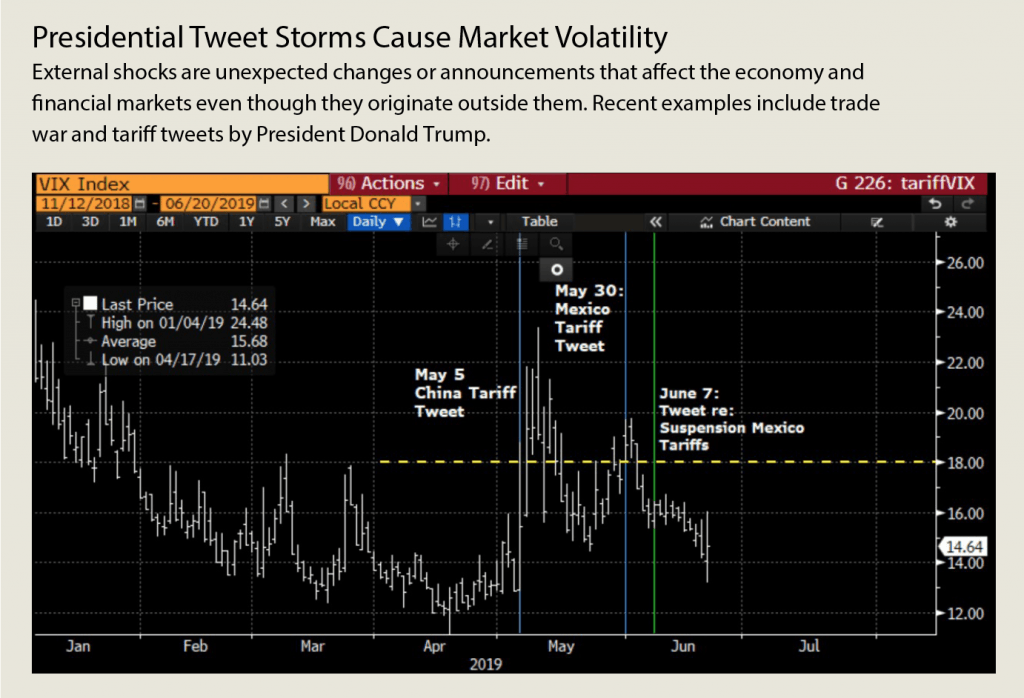
How can traders mitigate these types of uncertainty? First, they need an event risk roadmap. One should have a sense of important upcoming dates for global macro events one to three months ahead. That can include G20 meetings, important central bank decision days, prominent speeches, and major economic and earnings releases. Note that before and during these events “headline bombs” occur and volatility rises.
If prolonged uncertainty could affect an economy, sector, or asset class, then develop a few outcome scenarios and trades to go with each scenario. Track developments on the specific uncertainty front to see which trading scenario will become most likely. Also, buy protection in terms of volatility or safe-haven assets. Times of prolonged uncertainty are prone to sudden volatility spikes. Keep a hedge position on in the form of a long VIX Index position, long gold, and/or long safe-haven currencies like the Japanese yen and the Swiss franc.
Manage things as a trader during times of uncertainty. Keep a trading journal. Note trades with large gains or losses, keep track of market conditions and market events into and out of the trade. Note your mindset when entering and exiting the trade and the rationale for the trade at entry and exit points. Eventually, a pattern will emerge that shows which types of uncertain market conditions present the most difficulty for you. Prepare for a sense of déjà vu with a market event and know how to handle it based on notes from the last time it happened.
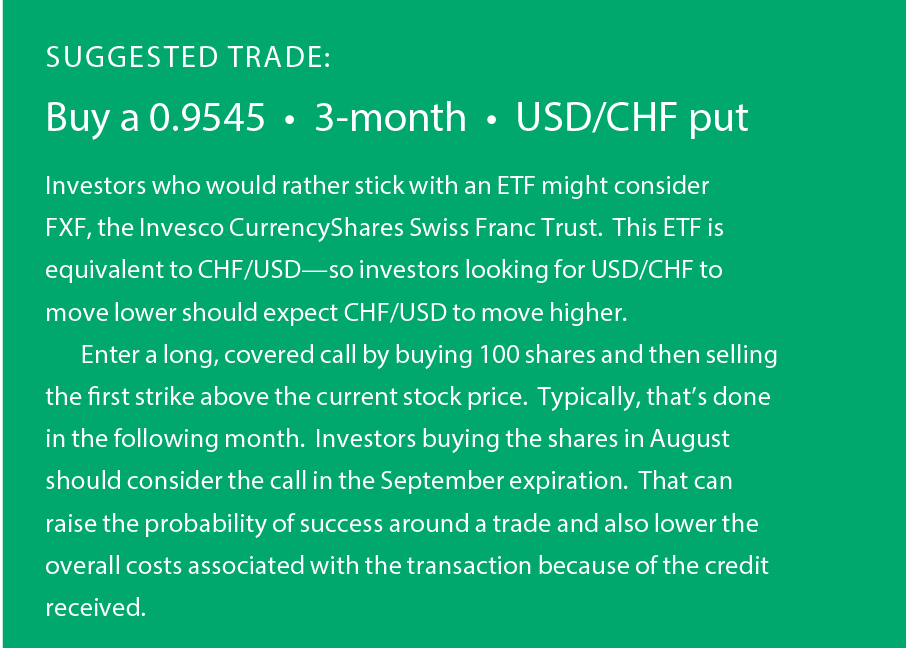
Amelia Bourdeau is CEO at marketcompassllc.com, an advisory firm that provides global macro education and trading strategy to investors at every level. @ameliabourdeau



